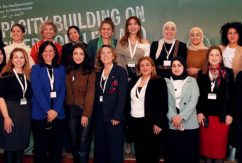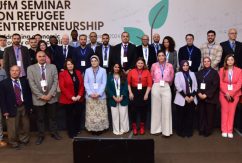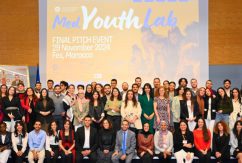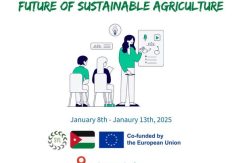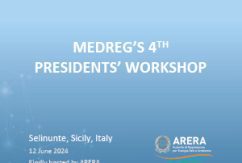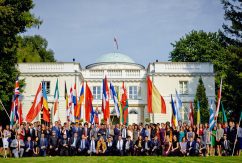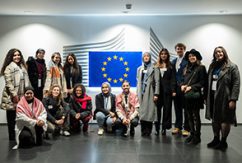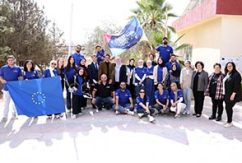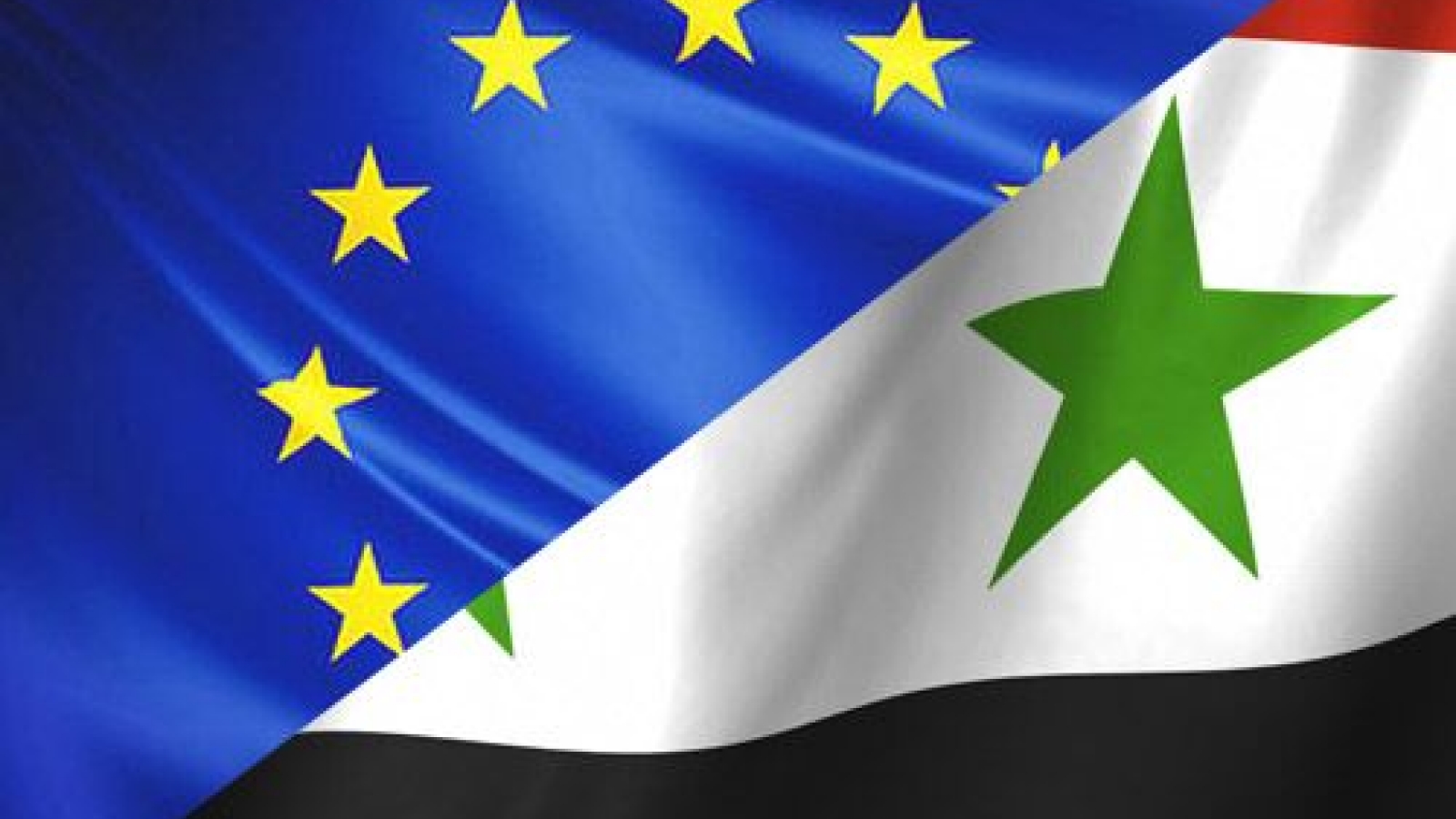Syria: Opening speech by HR/VP Borrell at the Ministerial session of the VII. Brussels conference on the future of Syria and the region
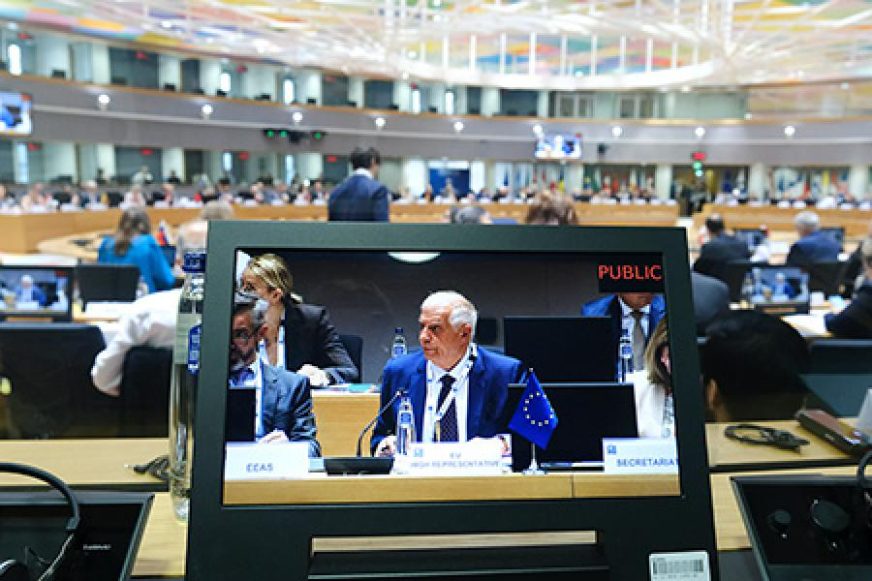
“Welcome to the 7th Brussels Conference on the Future of Syria and of the Region. I am pleased to see so many friends from the region, from Europe and beyond, and also from the UN family, which has come in strength, as always.
The Syrian people – Syria’s refugees, those displaced, those suffering desperate levels of poverty brought about by more than a decade of conflict and repression at the hands of the Syrian regime – have suffered a painful and traumatic year since we last gathered in this forum.
It is a year which has seen a devastating earthquake in the region, bringing yet further misery to Syrians in the north-west of the country, not to mention millions of Turkish people across the border. Already 90% of Syrians living in Syria live in poverty; 60% suffer food insecurity. They barely know where their next meal is coming from.
The situation for Syrian refugees and for their host communities in neighbouring countries has become no easier, quite the contrary. Nor can we forget 438,000 Palestine refugees in Syria, whose plight the international community cannot overlook.
And, unfortunately, over the last year there has been little progress, very little progress, towards a resolution of the Syria conflict, despite the unstinting efforts of UN Special Envoy Geir Pedersen. Thank you for your efforts, dear Geir.
It is unacceptable that Syria has been brought so low. It is unacceptable that we tolerate the present plight of the Syrian people. Our task must be to find ways of working positively towards a resolution of the conflict. Our task today must be to bring hope. Some hope, some relief.
On 7 May 2023, the League of Arab States took a decision to readmit Syria in the League of Arab States (LAS). There has been a process of normalisation between a number of Arab states and the regime in Damascus. We are following, too, Turkey’s attempts to resolve some of its concerns through contacts with the Syrian regime.
Allow me to say, this is not the path that the European Union would have chosen. It’s not. Very soon, we will see if these efforts have convinced the regime in Damascus to engage in a dialogue with Gulf and Arab states over various aspects of UN Security Council resolution 2254.
I am afraid, we are a long, long way from the full and comprehensive implementation of UN Security Council resolution 2254, from a lasting resolution of the crisis in Syria. In fact, progress seems to have stalled completely.
Yet signs of hope must not be dismissed. After all, it is our job as diplomats to be positive, even in the worst circumstances, to find hope even where there appears to be none.
[…]”
